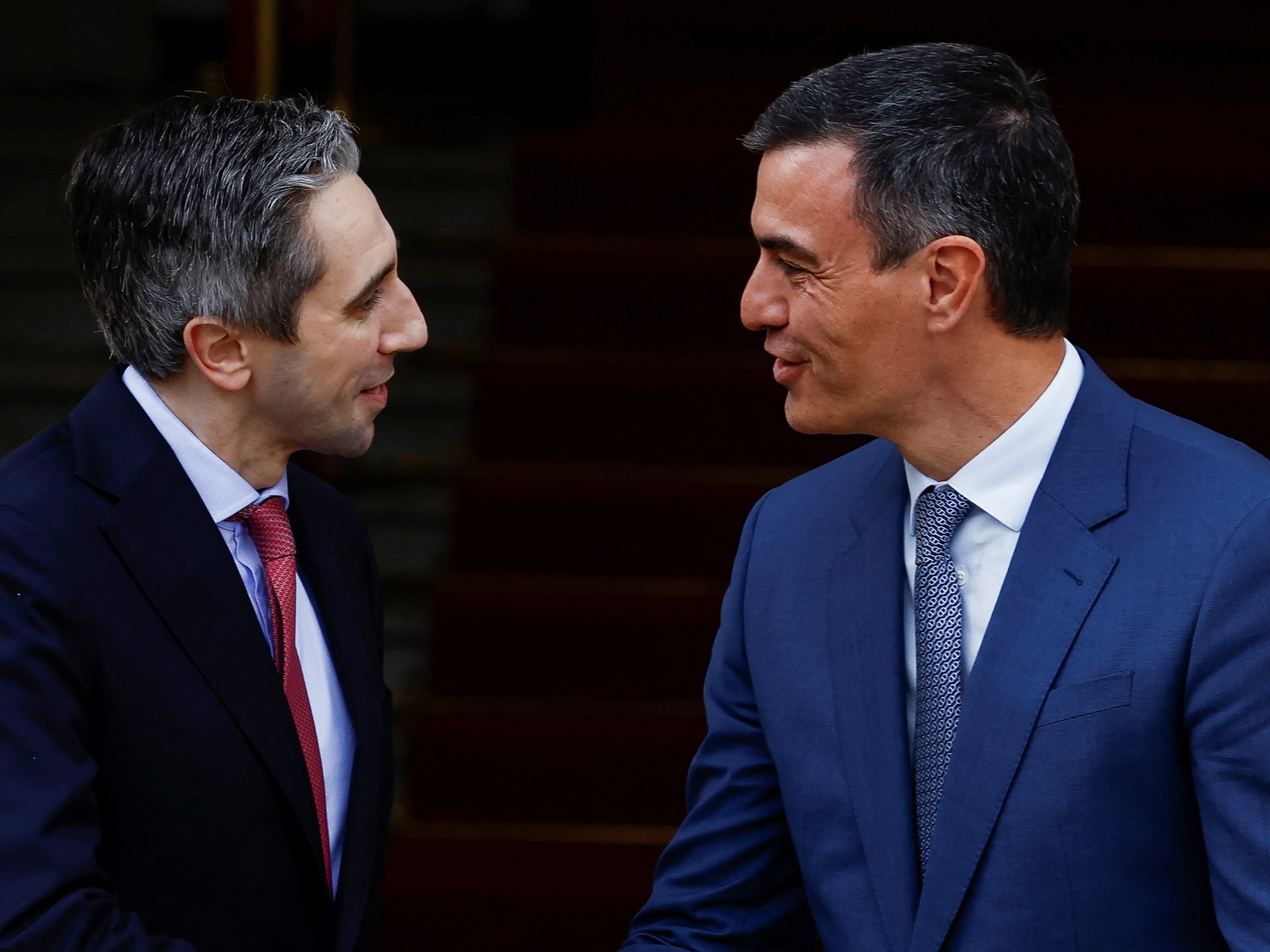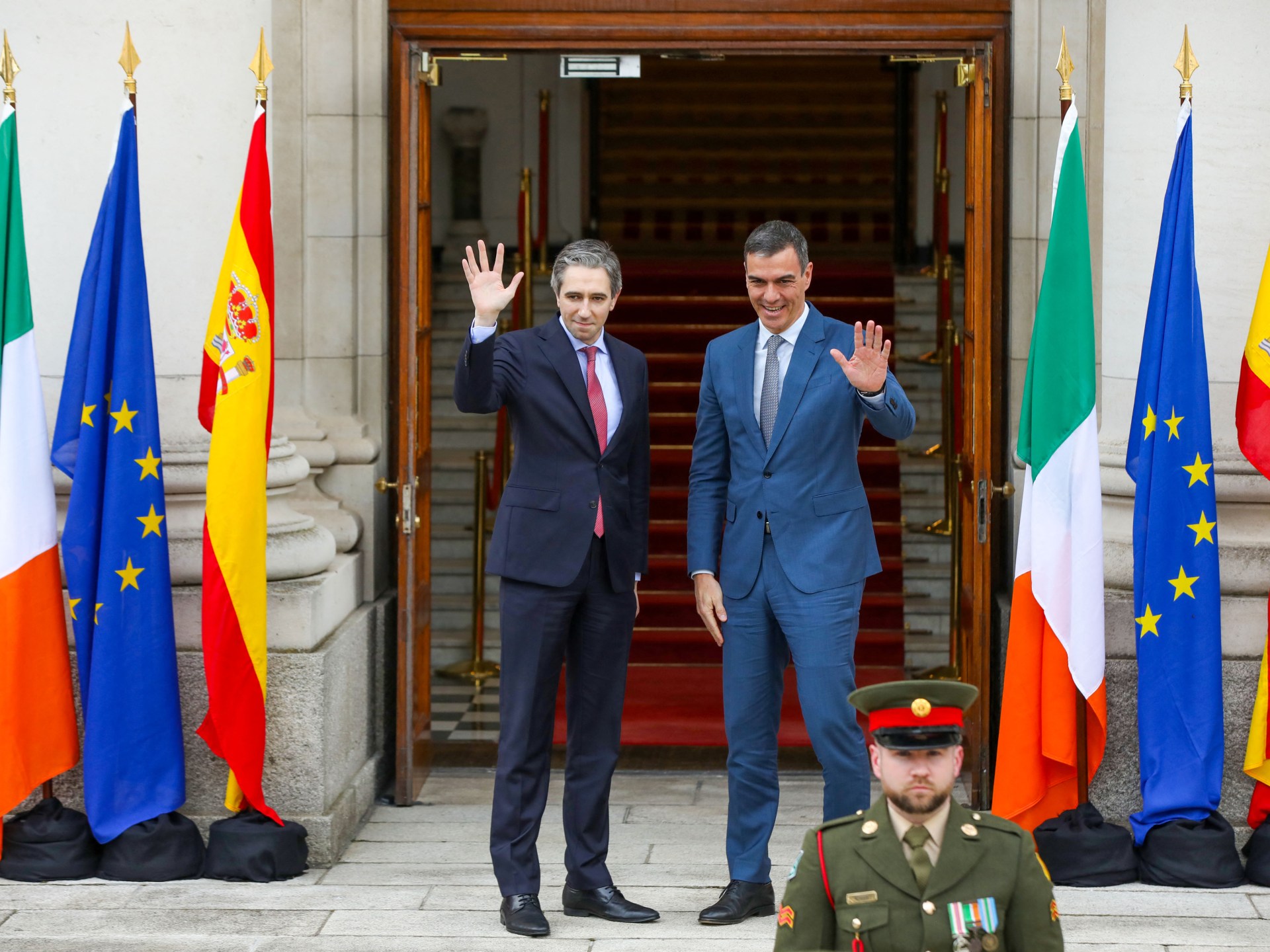Who was freed in biggest Russia-West prisoner swap since the Cold War? | Politics News
Wall Street Journal reporter Evan Gershkovich has been freed as part of the biggest prisoner swap between Russia and the West since the Cold War. Paul Whelan, a former US marine, as well as prominent Russian opposition politicians and activists who had been jailed for criticising the full-scale invasion of…




